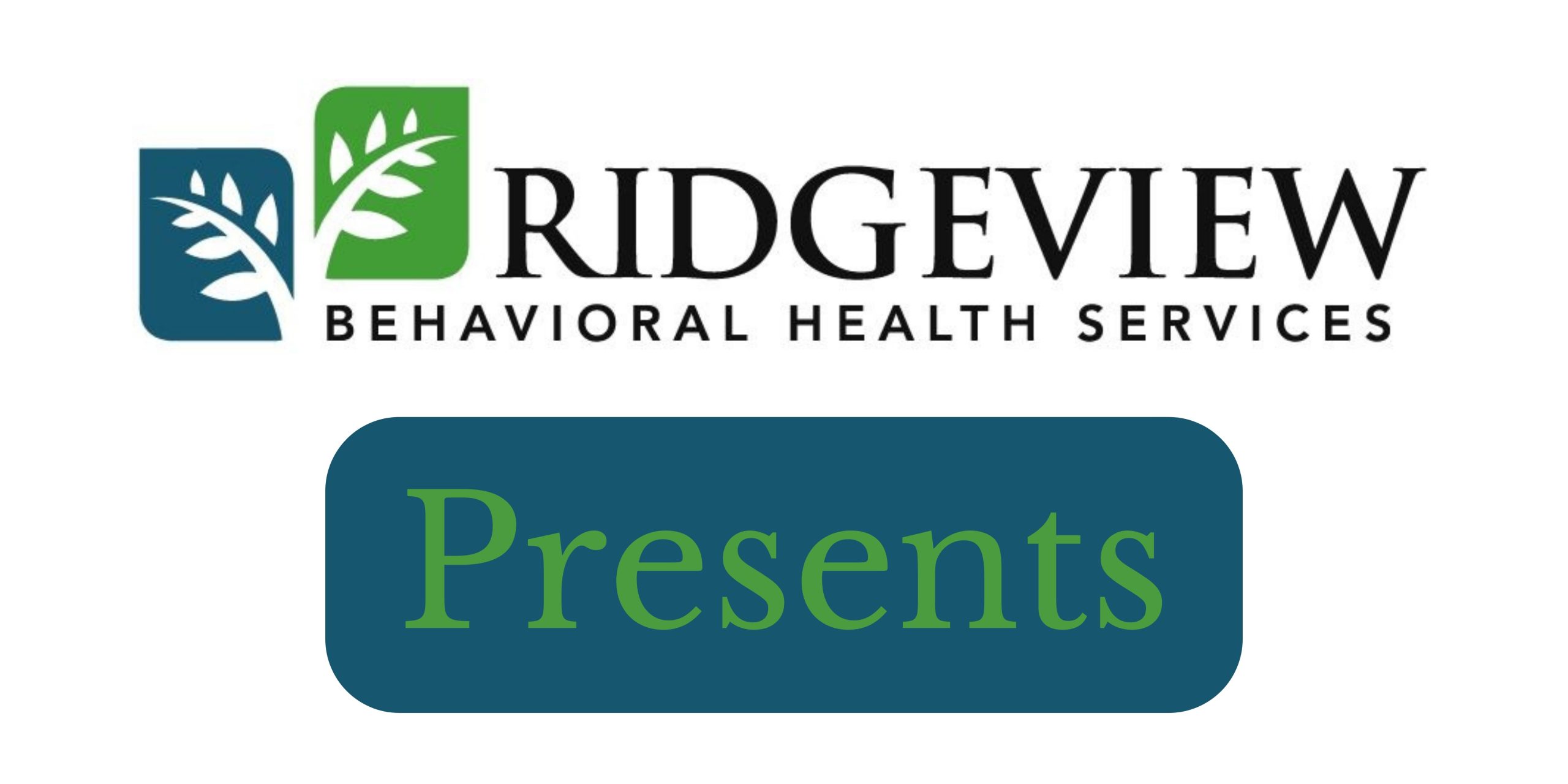
By MICHEAL YATES
OAK RIDGE, TN (WLAF) – I recently heard Peggy Noonan, columnist for The Wall Street Journal and presidential speechwriter, quote a line from Ernest Hemingway’s The Sun Also Rises: “Gradually, then suddenly.†She used this pithy, impactful phrase to describe the erosion of grace, discretion, and etiquette in our public discourse—a decline that, as she noted, occurred over time before reaching a tipping point.
Though Hemingway wrote this line to describe financial ruin, it resonates far beyond its original context. It encapsulates the nature of decline—whether financial, physical, societal, or emotional. It also serves as a powerful metaphor for mental health struggles, which often develop unnoticed before culminating in a crisis.
I’ve been reflecting on this phrase during the holiday season. This time of year is often called “the most wonderful time,†but for many, it is a season fraught with gradual stressors: financial strain, the pressure of gatherings, unmet expectations, grief for absent loved ones, and the societal ideal of a “perfect holiday.†These burdens accumulate slowly, their weight growing heavier with time.
Then, seemingly out of nowhere, it hits. The “suddenly†arrives as a panic attack at a gathering, a wave of overwhelming sadness while wrapping gifts, or the inability to get out of bed on a festive morning. This “suddenly†Hemingway alludes to isn’t truly sudden—it’s the culmination of unaddressed chronic stress, unresolved grief, and persistent pressure.
Acknowledging this pattern is key to preventing the “gradual†from becoming the “sudden.†Just as financial planning can stave off bankruptcy or preventive healthcare can protect from illness; intentional mental health care can guard against rapid mental health collapse.
So, what can we do to promote optimal mental wellbeing during the holiday season?
Set realistic expectations by letting go of the perfect holiday myth and simplifying traditions. Prioritize self-care like regular exercise, a balanced diet, and sufficient sleep. Make time for activities that rejuvenate you, whether it’s reading, meditating, or taking a winter walk. Nurture positive connections by reaching out to loved ones or consider volunteering—helping others can boost your own sense of purpose and belonging. Practice gratitude by reflecting on the positives in your life, even if they feel small, through gratitude journaling. And finally, seek professional help by accessing a therapist who can provide guidance tailored to your specific needs.
By recognizing early signs of emotional strain and taking proactive steps, we can shift the holiday narrative from stress to serenity. Hemingway’s words remind us: while challenges may build “gradually,†intervention can prevent them from escalating “suddenly.â€
Let this season be one of peace, connection, and self-compassion.
(WLAF NEWS PUBLISHED 12/10/2024-6AM- PAID)

.jpg)
I agree because I have suffered through some of these personally. Holidays are not always cheery and bright for some because of lost loved ones, holiday stresses, etc. To me, the best part is giving to others and bringing a smile in difficult times like this. My memories will always be in my heart and that’s where they’ll stay every single day for the rest of my being. Wishing everyone a wonderful stress free safe Christmas!